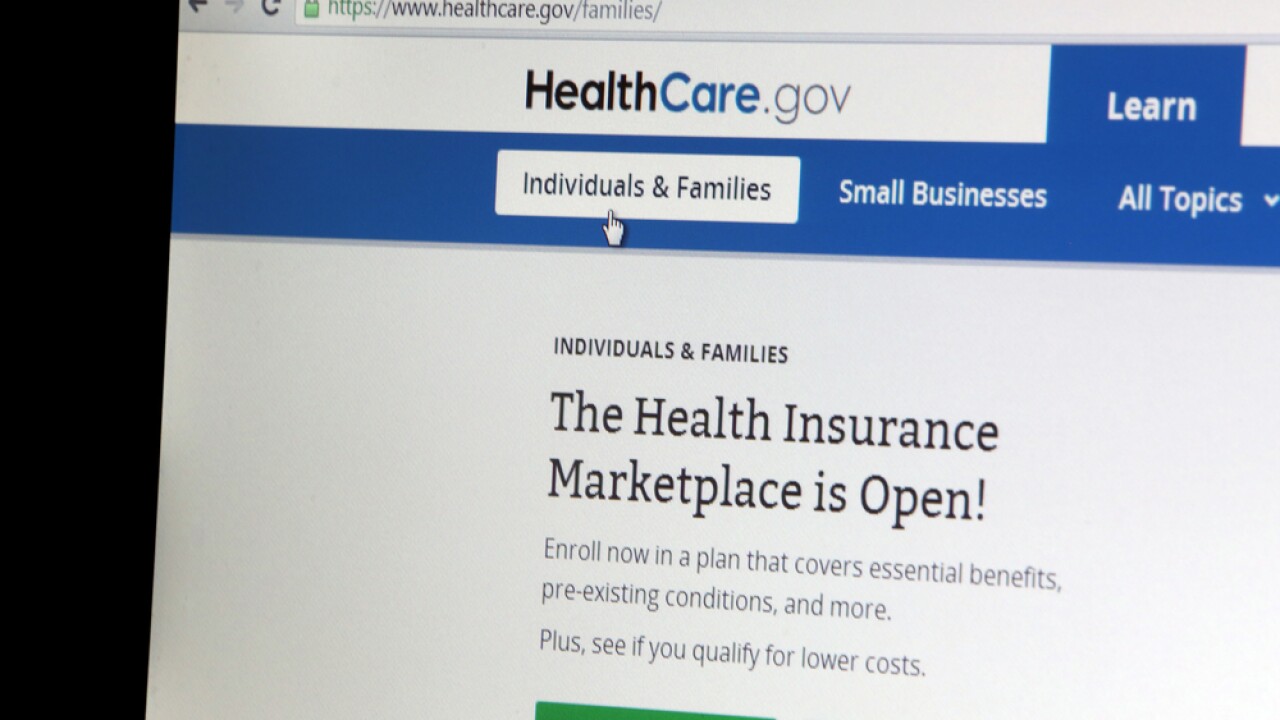As open enrollment begins for millions of Americans, young adults who have aged out of their parents' health insurance plans are confronting what advocates call a "health insurance cliff" — a sharp drop-off in affordable coverage options that could leave many without protection.
The crisis is particularly acute for those who turned 26 this year and lost coverage under the Affordable Care Act's provision allowing young adults to remain on family plans. With enhanced ACA tax credits set to expire at the end of this year, this demographic faces the prospect of significantly higher premiums or going without insurance entirely.
"Right now, I do not have health insurance," Destiny Bryson, a 26-year-old single mother of two, veteran and recent college graduate from Houston, Texas, told Scripps News. "It is just a lot of hoping that nothing bad (happens)."
Bryson represents millions of young adults who must secure their own health coverage while navigating an increasingly expensive marketplace.
"As a 26-year-old woman, I think there's like three, four different types of doctors I should be seeing at least annually, and I can't remember the last time I saw them," Bryson said. "I'm like, I can't afford any issues."
RELATED STORY | Premium Pain: Why your health care monthly premium is going up & what you can do about it
Bryson's situation reflects a broader crisis affecting young adults nationwide. According to Kristin McGuire, president and CEO of Young Invincibles, an advocacy group focused on keeping young people insured, approximately 30% of young adults across the country lack healthcare coverage.
"Young adults already are the most uninsured and underinsured population we have in this country," McGuire told Scripps News. "So that's more than one in five young people don't have healthcare."
The most affordable option for many young adults has been ACA marketplace plans, but that safety net is under threat, McGuire said. Enhanced tax credits that help reduce premium costs were not extended in recent legislation, leaving young adults particularly vulnerable.
"The bottom line is young adults rely heavily on the tax credits from the Affordable Care Act," McGuire said. "So, ending the tax credits right now would be very harmful to their livelihoods."
For Bryson, who doesn't earn enough to afford monthly premiums, the choice between health insurance and basic necessities is stark. She has considered drastic measures, including re-enlisting in the military solely for medical benefits.
"I've looked for second sources of income and I've also considered re-enlisting into the military to get those medical benefits," Bryson said.
Any money that might go toward health insurance competes with immediate family needs.
"Those are the funds that I have for buying my kids' clothes or food, or daycare while I work," Bryson said. "And those aren't things that I can give up."
Health care advocates worry that rising costs will push more young adults to forgo coverage entirely, creating gaps in what was once considered a crucial safety net.





